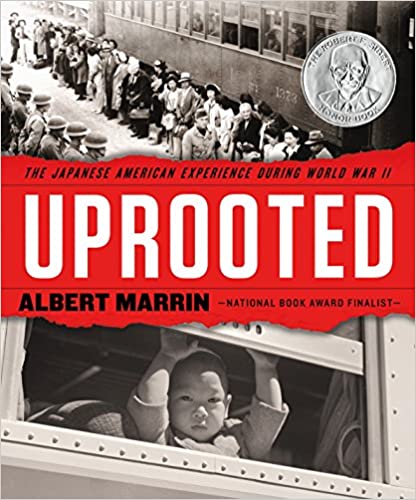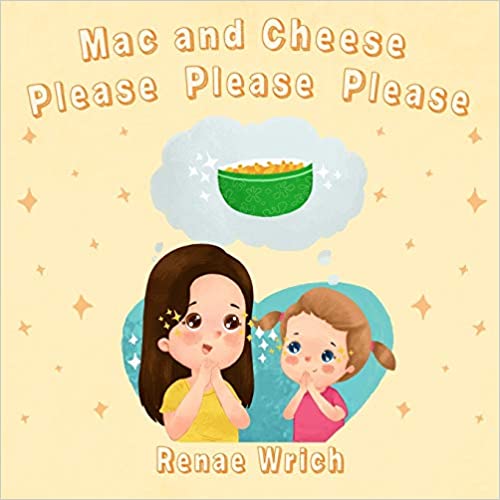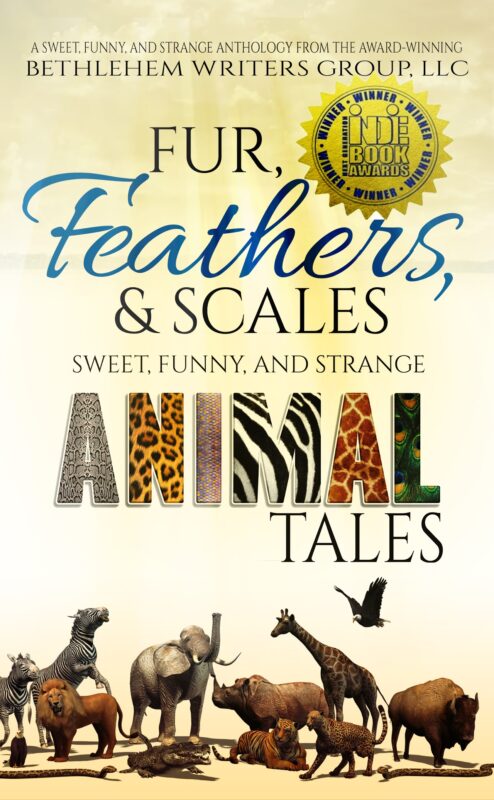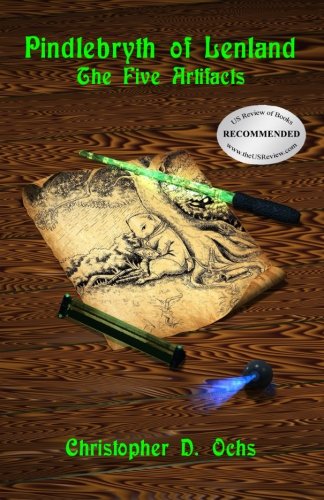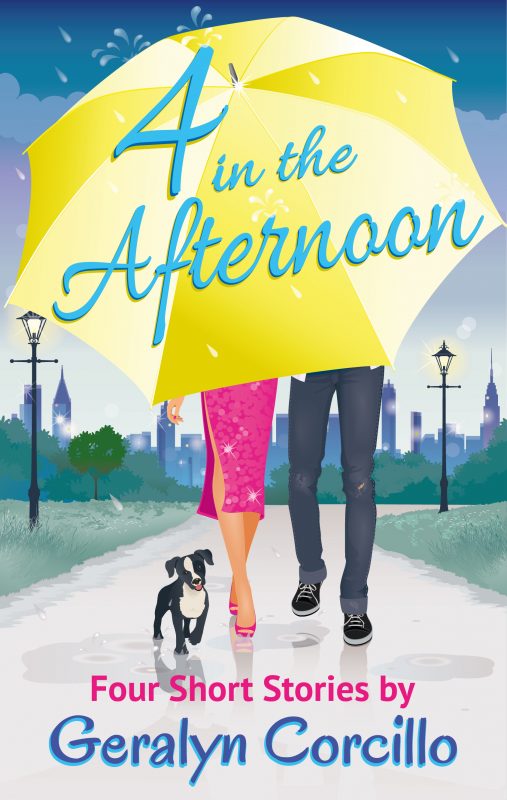A Paris video memory from my student days in France that made it into ‘The Resistance Girl’ by Jina Bacarr
August 11, 2021 by Jina Bacarr in category Jina’s Book Chat, Paris novels, Writing tagged as Forties fiction, France, historical, Paris, romance, video, writing, WW 2What favorite memories have made it into your stories and books? Let me know!
Bonus video:
When the silver screen had silver embedded into the screen, Sylvie Martone was darling of French cinema – she was also a Resistance fighter
— Jina Bacarr (@JinaBacarr) May 14, 2021
US https://t.co/ge0PVHa3hN
UK https://t.co/16fnIt96tM
Here's an old negative which lights up when light strikes it @BoldwoodBooks #histfic pic.twitter.com/2SF7Dk1sH2
Yes, it's August but sometimes we need a little Christmas so here's the WW2 letter that inspired HER LOST LOVE (Christmas Once Again) for a hot humid SoCal night when we're feeling nostalgic for hugs and family
— Jina Bacarr (@JinaBacarr) August 12, 2021
US https://t.co/wYTUyj19lW
UK https://t.co/v4YRbfdesu #amwriting pic.twitter.com/KAvrJHOCFU
UPDATED:
The WW 2 letter that inspired HER LOST LOVE (CHRISTMAS ONCE AGAIN): re: Veronica Jorge’s wonderful comment about my story! Thanks, Veronica!
Writing a Dual Timeline Novel ain’t a piece of cake… 7 tips for writing two different eras at once by Jina Bacarr
July 11, 2021 by Jina Bacarr in category Jina’s Book Chat, Writing tagged as dual timeline, edting, France, historical, novel, Paris, timeline, World War 2, writing
I’ve written time travel and loved it… Her Lost Love when my heroine takes a magic train from 1955 back to 1943 to Posey Creek, PA to save the man she loves from being killed in France… and present day back to the Battle of Antietam in 1862 where my heroine meets her ‘twin’ who’s a Confederate spy… and also historical fiction about the Titanic The Runaway Girl.
But writing a dual timeline is like walking barefoot on broken seashells on the sand.
Painful. Excruciating. And dangerous.
You can end up hobbling all the way home… or to the end of your manuscript. Yikes.
I’ve been there… and survived. I’ve written two dual timeline novels — The Resistance Girl and the novel I just finished (title coming) — both about Paris during World War 2 when the city was occupied by the Nazis. The era lends itself to intrigue, romance, spies… and danger. Who could resist? Not me.
However, I’ve fretted and moaned and had more chocolate binges than I care to admit writing these books, but they’re the most rewarding stories I’ve ever written. Stories about lost family found and connecting with your ‘roots’. I learned a lot along the way… so here are my 7 Tips for Writing Dual Timelines:
1 — keep two sets of timelines so you know where you and your heroines are in each era at all times.
Your heroine’s birthdate in the past is important and determines what “historical events’ she witnesses. In the present, your heroine’s journey may last a shorter time — a week, month; in the past, it could be years. In The Resistance Girl, we follow the heroine’s film career from the 1920s through 1950. The modern heroine’s journey last for several days.
2 — present day in your story doesn’t have to mean today. Make it work for you.
My latest novel takes place in 2003 and 1940-1945. Why? Because I wanted my historical heroine to be alive when she meets the present day heroine. She’s 80 years old and at the top of her game, but the war years still haunt her. Also, she loves flying on the Concorde and the last trip of the airship was in 2003.
3 — create a compelling opening in whichever timeline works best. No hard fast rule you have to begin in the past.
In my new Paris novel, I begin in 2003 because I wanted to set up the 80-year-old diva’s reluctance to talk about the war years because of her personal pain. My modern heroine/reporter convinces her to ‘let it go’ and we’re off and running…
4 — decide before you begin plotting (or if you’re a pantster — I do both) if your two heroines meet at some point; or, if we know the historical heroine meets her fate and we never see her in the present.
I did both — in The Resistance Girl, the modern heroine discovers she had a famous grandmother in France during the war — a film star — she never knew existed. But in my new novel, the two heroines meet in the first chapter in 2003.
5 — know your history and research your era like crazy; your heroine in the past is fictional, but make her life believable! Facts count but don’t tell us, show us how your heroine survives in that era in a way that’s unique to her.
For example, the historical heroine in my upcoming book ends up in concentration camps; I gave her an unusual backstory that determined how she survived in the camps because of her background and talents, but made sure it was also possible.
6 — location, location, location… make sure you know exactly what your locations look like in both eras if you’re going to visit them in both timelines.
In my upcoming book about Paris, we go to concentration camp sites in Germany and Poland in both 1944-45, 1975, and 2003. I was fortunate to find photos and films that showed what the camps looked like in 1944-45 and also circa 2003 and 1975. An amazing bit of luck which created some tear-jerking moments for my historical heroine.
7 — have fun! This is an adventure about finding your heroine’s roots — like that fabulous PBS show where the celebrity goes through the big scrapbook and meets their lost relatives with the jovial host.
Make your story heartfelt, emotional, fascinating, believable, and filled with surprises to keep your readers turning those pages like the celeb on TV!
Jina
Questions about dual timelines:
Drop me a comment!
3 0 Read moreAffiliate Links
A Slice of Orange is an affiliate with some of the booksellers listed on this website, including Barnes & Nobel, Books A Million, iBooks, Kobo, and Smashwords. This means A Slice of Orange may earn a small advertising fee from sales made through the links used on this website. There are reminders of these affiliate links on the pages for individual books.
Search A Slice of Orange
Find a Column
Archives
Featured Books
UPROOTED: THE JAPANESE AMERICAN EXPERIENCE DURING WORLD WAR II
A Publishers Weekly Best Book of the Year, A Booklist Editor's Choice
More info →MAC AND CHEESE, PLEASE, PLEASE, PLEASE
They liked macaroni and cheese SO much, if they could, they would eat it for breakfast, dinner, and lunch!
More info →FUR, FEATHERS AND SCALES: Sweet, Funny, and Strange Animal Tales
So cuddle up with your favorite pet-real or imaginary. No matter. You'll find just the right story to share.
More info →PINDLEBRYTH OF LENLAND: THE FIVE ARTIFACTS
Pindlebryth and Darothien struggle against betrayal, international intrigue, and an unseen puppet-master, as they race to follow a bewildering trail of ancient clues to locate the most powerful of the Artifacts.
More info →
4 IN THE AFTERNOON
Dates, dogs, football, monsters in the attic, misunderstandings, and unexpected discoveries abound in these four romantic comedy short stories.
More info →Newsletter
Contributing Authors
Search A Slice of Orange
Find a Column
Archives
Authors in the Bookstore
- A. E. Decker
- A. J. Scudiere
- A.J. Sidransky
- Abby Collette
- Alanna Lucus
- Albert Marrin
- Alice Duncan
- Alina K. Field
- Alison Green Myers
- Andi Lawrencovna
- Andrew C Raiford
- Angela Pryce
- Aviva Vaughn
- Barbara Ankrum
- Bethlehem Writers Group, LLC
- Carol L. Wright
- Celeste Barclay
- Christina Alexandra
- Christopher D. Ochs
- Claire Davon
- Claire Naden
- Courtnee Turner Hoyle
- Courtney Annicchiarico
- D. Lieber
- Daniel V. Meier Jr.
- Debra Dixon
- Debra H. Goldstein
- Debra Holland
- Dee Ann Palmer
- Denise M. Colby
- Diane Benefiel
- Diane Sismour
- Dianna Sinovic
- DT Krippene
- E.B. Dawson
- Emilie Dallaire
- Emily Brightwell
- Emily PW Murphy
- Fae Rowen
- Faith L. Justice
- Frances Amati
- Geralyn Corcillo
- Glynnis Campbell
- Greg Jolley
- H. O. Charles
- Jaclyn Roché
- Jacqueline Diamond
- Janet Lynn and Will Zeilinger
- Jaya Mehta
- Jeff Baird
- Jenna Barwin
- Jenne Kern
- Jennifer D. Bokal
- Jennifer Lyon
- Jerome W. McFadden
- Jill Piscitello
- Jina Bacarr
- Jo A. Hiestand
- Jodi Bogert
- Jolina Petersheim
- Jonathan Maberry
- Joy Allyson
- Judy Duarte
- Justin Murphy
- Justine Davis
- Kat Martin
- Kidd Wadsworth
- Kitty Bucholtz
- Kristy Tate
- Larry Deibert
- Larry Hamilton
- Laura Drake
- Laurie Stevens
- Leslie Knowles
- Li-Ying Lundquist
- Linda Carroll-Bradd
- Linda Lappin
- Linda McLaughlin
- Linda O. Johnston
- Lisa Preston
- Lolo Paige
- Loran Holt
- Lynette M. Burrows
- Lyssa Kay Adams
- Madeline Ash
- Margarita Engle
- Marguerite Quantaine
- Marianne H. Donley
- Mary Castillo
- Maureen Klovers
- Megan Haskell
- Melanie Waterbury
- Melisa Rivero
- Melissa Chambers
- Melodie Winawer
- Meriam Wilhelm
- Mikel J. Wilson
- Mindy Neff
- Monica McCabe
- Nancy Brashear
- Neetu Malik
- Nikki Prince
- Once Upon Anthologies
- Paula Gail Benson
- Penny Reid
- Peter Barbour
- Priscilla Oliveras
- R. H. Kohno
- Rachel Hailey
- Ralph Hieb
- Ramcy Diek
- Ransom Stephens
- Rebecca Forster
- Renae Wrich
- Roxy Matthews
- Ryder Hunte Clancy
- Sally Paradysz
- Sheila Colón-Bagley
- Simone de Muñoz
- Sophie Barnes
- Susan Kaye Quinn
- Susan Lynn Meyer
- Susan Squires
- T. D. Fox
- Tara C. Allred
- Tara Lain
- Tari Lynn Jewett
- Terri Osburn
- Tracy Reed
- Vera Jane Cook
- Vicki Crum
- Writing Something Romantic
Affiliate Links
A Slice of Orange is an affiliate with some of the booksellers listed on this website, including Barnes & Nobel, Books A Million, iBooks, Kobo, and Smashwords. This means A Slice of Orange may earn a small advertising fee from sales made through the links used on this website. There are reminders of these affiliate links on the pages for individual books.





